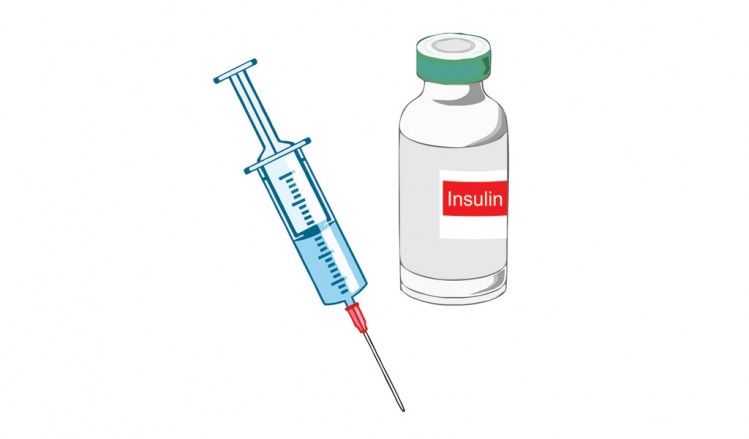
Type 1 Diabetes
Posted on January 20, 2016 with 0 comments
Insulin is a hormone that helps our body to use glucose from the food that we eat and convert it to energy units. In type 1 diabetes, the body is unable to produce insulin. Hence, the person must take insulin injections every day. This used to be called – juvenile-onset or insulin-dependent diabetes as it is commonly seen in children & young adults. However, it can occur at any age.
The family history of diabetes, genetics, infections, and other environmental influences are common risk factors for type 1 diabetes. It appears very suddenly and is currently not curable. The pancreas stops producing insulin, hence, such patients have to take insulin injections for the rest of their lives. Without insulin, a person with type 1 diabetes will die.
International Diabetes Federation estimates that the incidence of type 1 diabetes across the globe is increasing by almost 3% every year, particularly among children. Around 86,000 children develop type 1 diabetes each year. In 2015, the number of children with type 1 diabetes exceeded half a million for the first time. India is home to the second largest number of children with type 1 diabetes (70,200), after the USA and accounts for the majority of the children with type 1 diabetes in South East Asia Region.
Common symptoms of type 1 diabetes
- Frequent urination in children
- Excessive hunger
- Unexplained weight loss and fatigue
- Signs of depression – It’s a myth that children don’t get depression; however research has proves that around 10-15% of children with type 1 diabetes experience depression. Parents need to be watchful and bring this to the notice of doctors.
- Watch out for the subtle signs such as stunted growth, brittleness in bones, teeth problems, frequent illnesses etc.
- Thyroid related illness and coeliac disease are also observed in patients with type 1 diabetes
How to take care – In addition, to taking insulin injection regularly, the person with type 1 diabetes should also take care of the following things:
- Get your blood pressure, weight and height measured every time during the consultation with the doctor. Stunted growth is reported in such patients, hence, monitoring of height is very important.
- Get tested for thyroid-related illness and coeliac disease at least once in a year.
- Parents should take extra precautions to prevent the children to falling prey to any infections. This affects the child’s growth.
- Reproductive health can also get affected. Girls in their puberty can often experience irregular menstrual cycles.
- Proper diet is essential for the patient with type 1 diabetes. Proteins, vitamins and minerals should be included in the diet.
Advanced Diabetes Centre with its team of diabetes specialists, certified diabetes educators, nutritionists, physiotherapists has a dedicated type 1 diabetes clinic. To book your appointments, call 0261-2600100. If you wish to have any additional information, simply give a missed call to 7227000100.